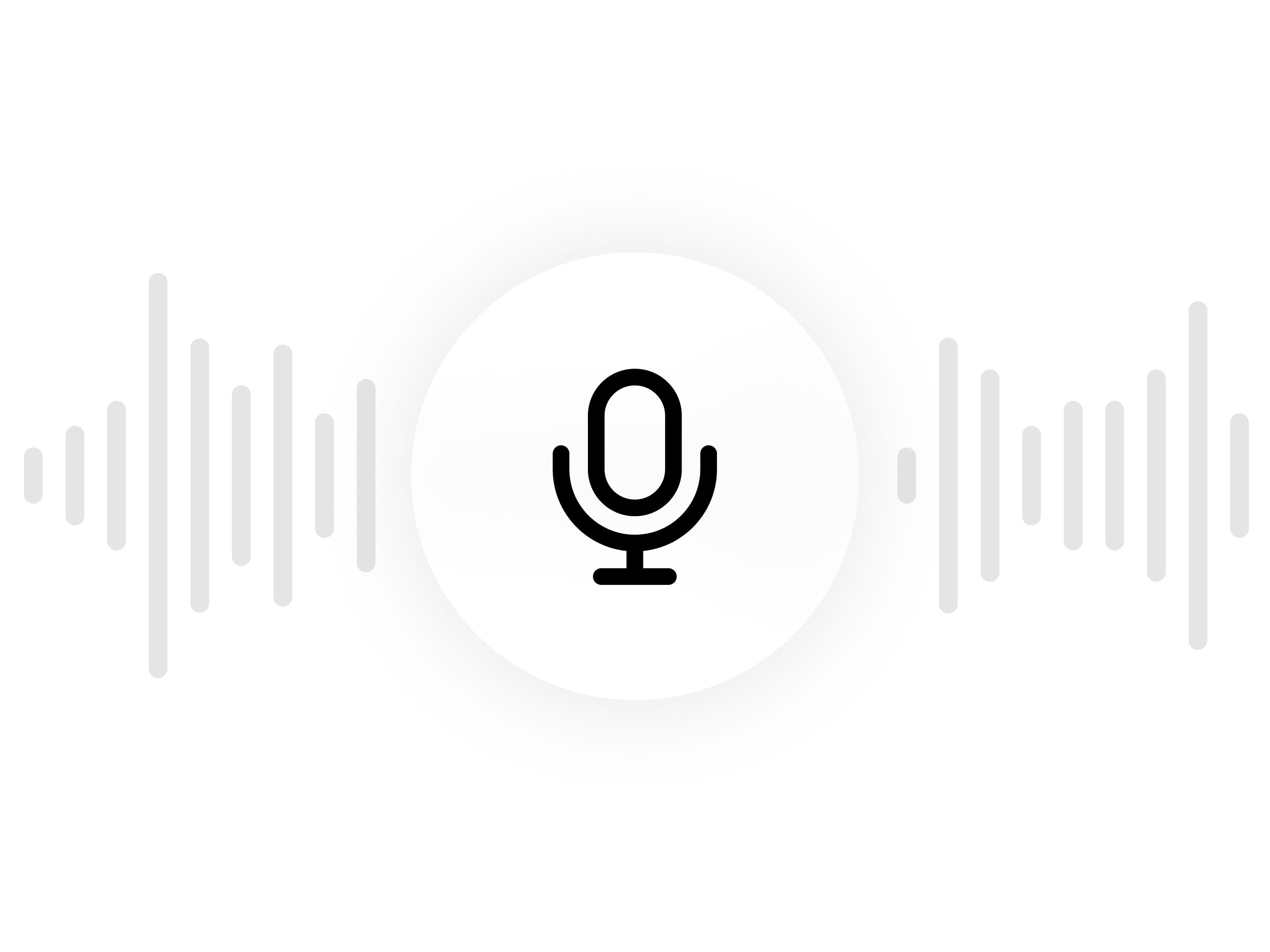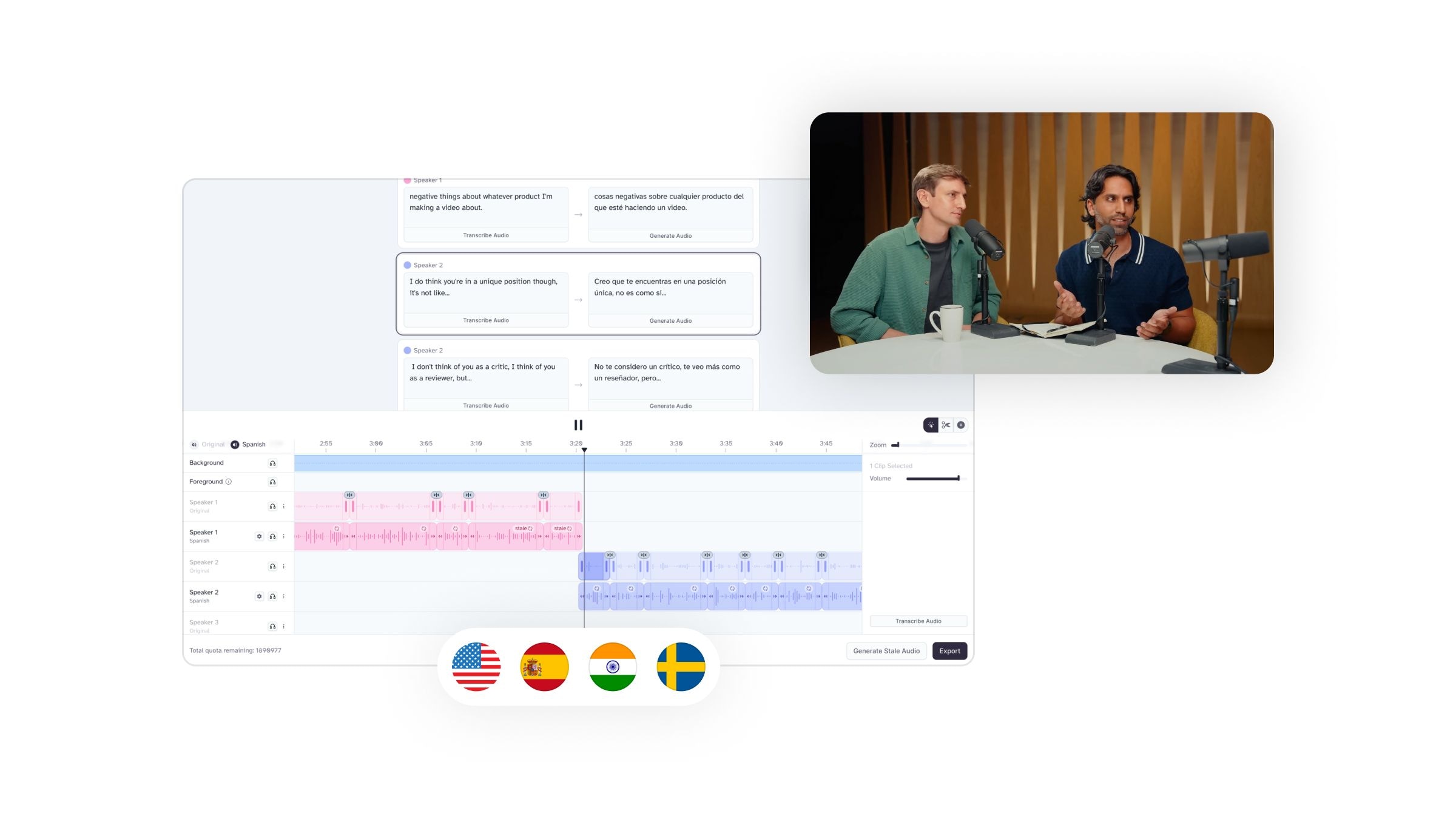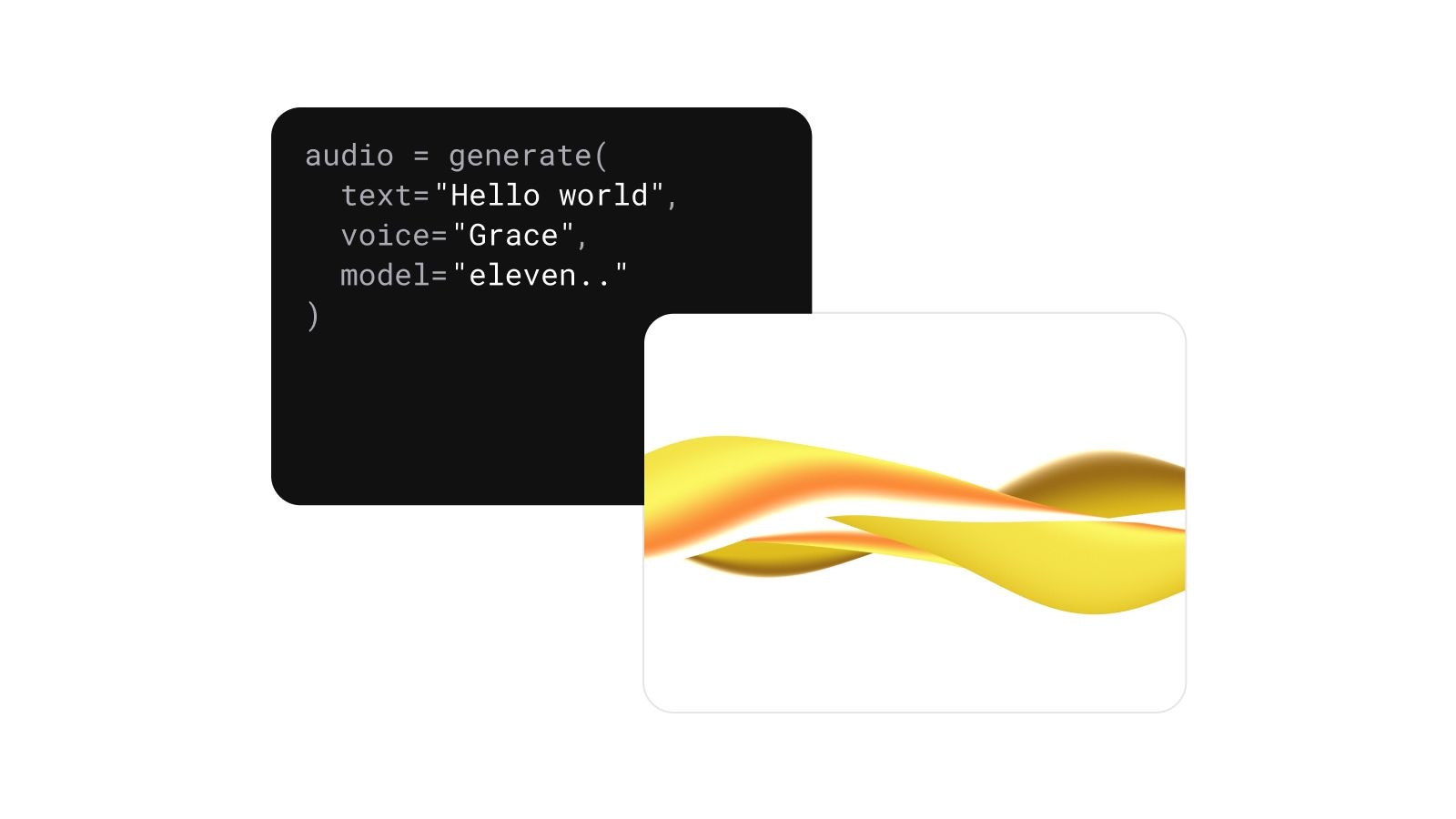Looking for another voice?

Find a wide range of unique voices in our Voice Library. From Epic Voices to News Anchor Voices and Sports Announcer Voices, find the perfect match to bring your content to life.
Say it how you want it and hear it delivered in another voice with full control over the delivery
Enable mic access, record yourself reading some prompts and generate the sample in different voices
Learn how to change your voice with ElevenLabs' Voice Changer—our AI voice changer tool built for creators, developers, and storytellers. In this video, you'll discover how to convert your voice into thousands of others using cutting-edge artificial intelligence voice changer technology.

Fine tune your voiceovers with our AI voice changer. When a generated fragment isn't delivered how you intended, simply record how it should be said and have another voice follow your direction


Find a wide range of unique voices in our Voice Library. From Epic Voices to News Anchor Voices and Sports Announcer Voices, find the perfect match to bring your content to life.
Control delivery and expand the emotional range of custom voices with AI voice changer

Control emotions, timing, and inflections to achieve the perfect delivery

Access thousands of high quality voices, all of which speak 29 languages

Enjoy rapid audio generation with our Turbo model, achieving ~400ms response times

Secure, consistent performance with advanced encryption and data protection

Translate audio and video while preserving the emotion, timing, tone and unique characteristics of each speaker

Integrate our fast, easy to use Speech to Speech API to bring rich, lifelike voices to your applications with minimal coding effort
ENTERPRISE

✓ Enterprise-level SLAs
✓ Dedicated support
✓ Priority access
✓ API access
✓ Unlimited seats
✓ Volume discounts
Powered by ElevenLabs Agents